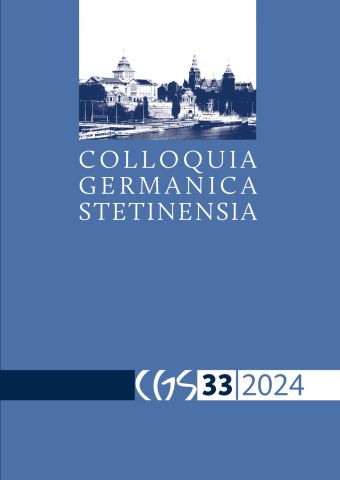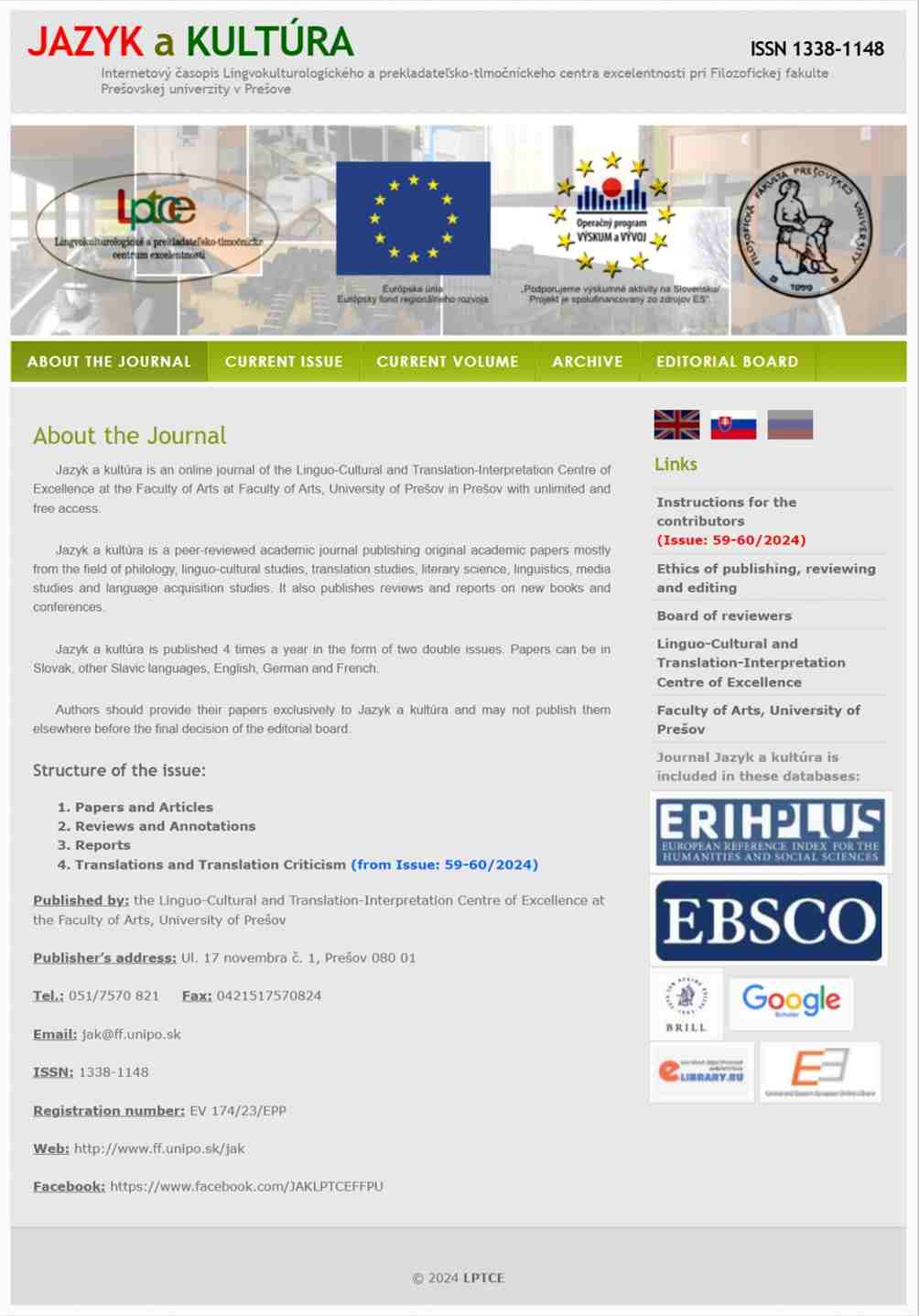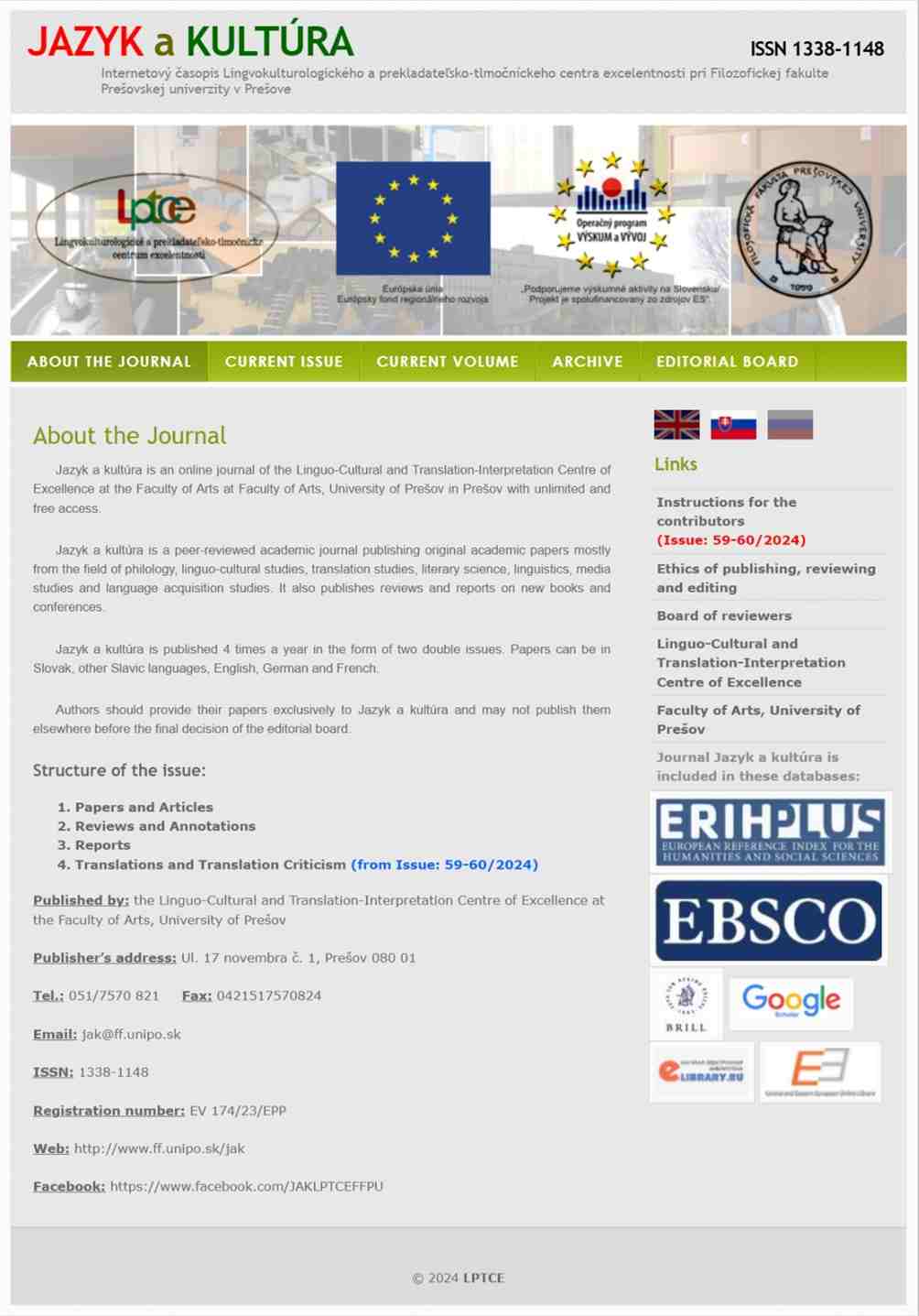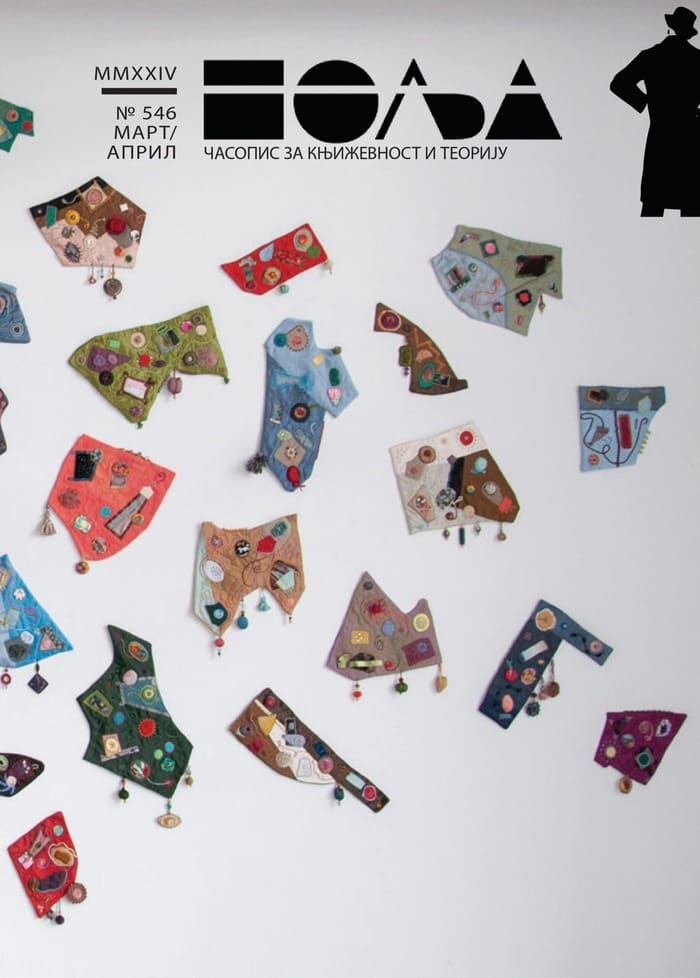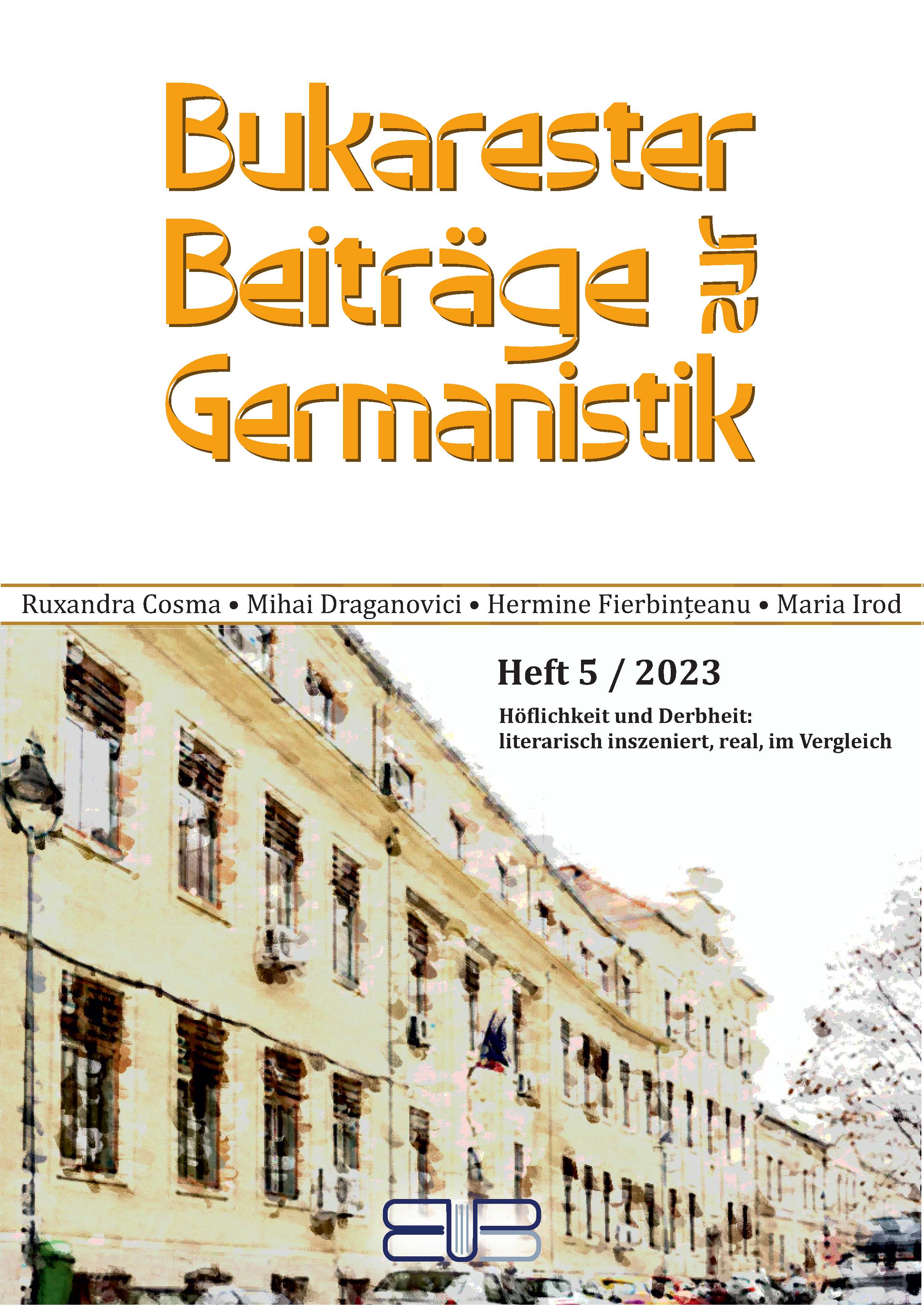
Facetten von Höflichkeit im Interkulturellen Lernen
In recent decades the cultural exchange is of burgeoning importance. Multi-, inter-,trans- and pluricultural approaches are being discussed intensively and become a major concern indifferent spheres of society. But how far is the path from discussion to implementation? What does inter- or pluricultural competence look like in terms of Foreign Language Teaching? How difficult is it to make concepts such as politeness and value judgements transparent in everyday communicative situations? How difficult is it to derive recommendations for action from them? As important as this task is for the field of linguistic integration, it is difficult to outline and actually implement. Based on numerous examples from textbooks for German as a second language, the difficulty of intercultural teaching and the importance of culturally sensitive teaching of the linguistic structures is demonstrated.
More...

